The last week of October is celebrated as “Respiratory Care Week” (October 22-28) with the aim of recognizing the contributions of respiratory care professionals and raising awareness about respiratory health. This year’s theme is “Breathing Life: Honoring Respiratory Health Heroes and Education.”
Importance of Respiratory Care Week
Respiratory Care Week holds importance in several ways:
- Highlights the importance of lung health maintenance.
- Fosters education and understanding about respiratory care.
- Strengthens global healthcare community through shared observance.
- Emphasizes the need for early diagnosis and treatment.
- Inspires individuals to adopt healthy respiratory habits.
- Strengthens global unity in addressing respiratory challenges.
14 Foods for Healthy Breathing
1. Water::
Water plays a huge role in health and is the base of any cleansing action. Pure, clean water is essential to keeping blood flowing to and from the lungs. It also keeps our lungs hydrated and the mucus flowing. It may sound disgusting, but that mucus is important and needs to be the right consistency for the cilia to move it—along with toxins, microbes, and pollutants—out.
A large part of the body is made up of water. When the body is dehydrated, our bodies start to feel the effect. Proper hydration is essential for more than just lung health. It helps to remove waste from the body, transport nutrients throughout the body, and regulate body temperature.
2. Garlic and Onions::
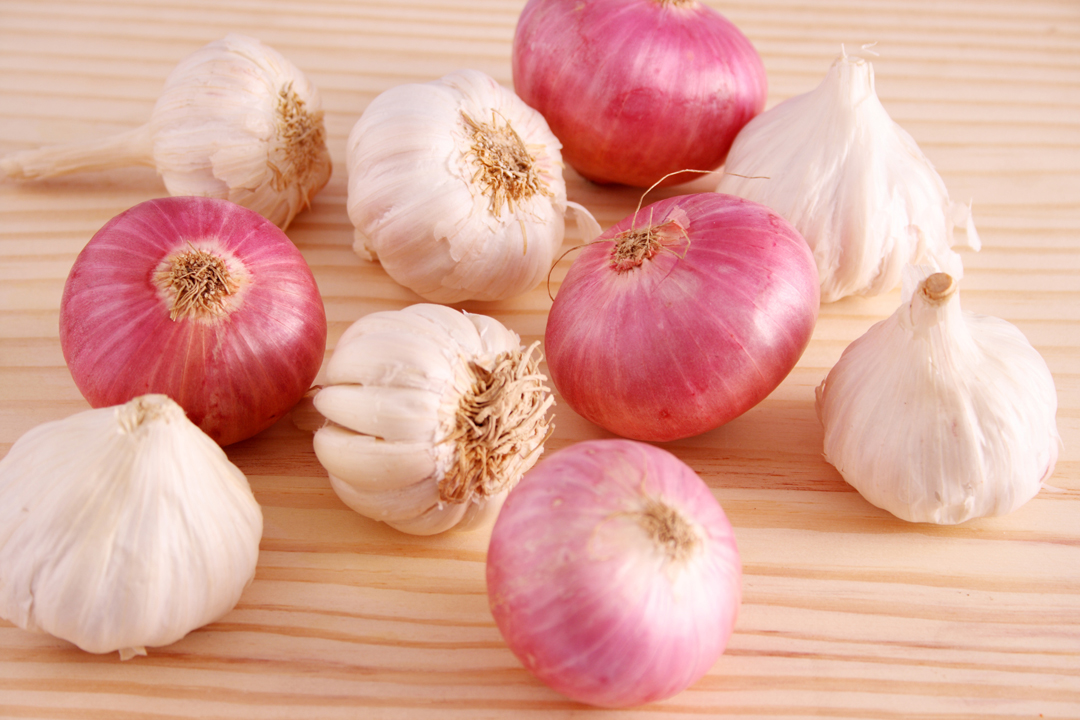
These pungent foods are great for the heart and thus the lungs too. They reduce inflammation, lower cholesterol, and fight infection. Garlic is known for its powerful anti-inflammatory properties.
3. Ginger::
This spice has anti-inflammatory properties and promotes the elimination of pollutants from the lungs. Ginger has a ton of benefits not just for the lungs but for the rest of the body too. Ginger can help to decongest and unclog air passages helping to boost lung health and improve breathing.

4. Chili Peppers::
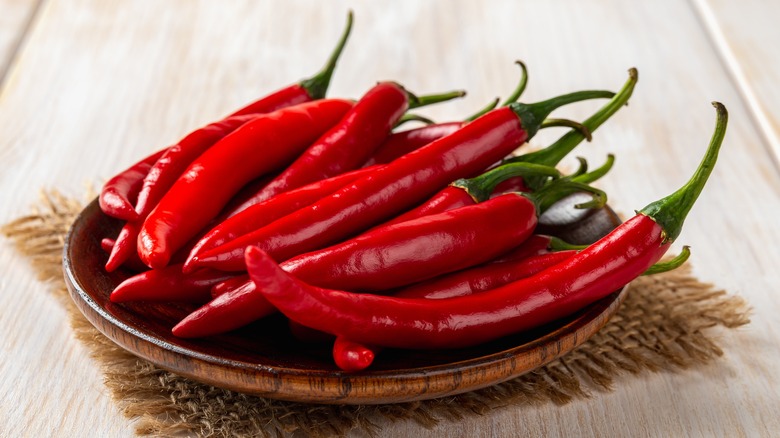
Peppers are filled with capsaicin, the spicy compound that gives them their bite. Capsaicin improves blood flow, stimulates mucus membranes, and fights infection.
5. Cruciferous Vegetables::
Cabbage, cauliflower, broccoli, and kale have been shown to halt the progression of lung cancer and cut the risk of developing lung cancer in half. They are rich in chlorophyll clean and build blood and full of some very effective antioxidants.
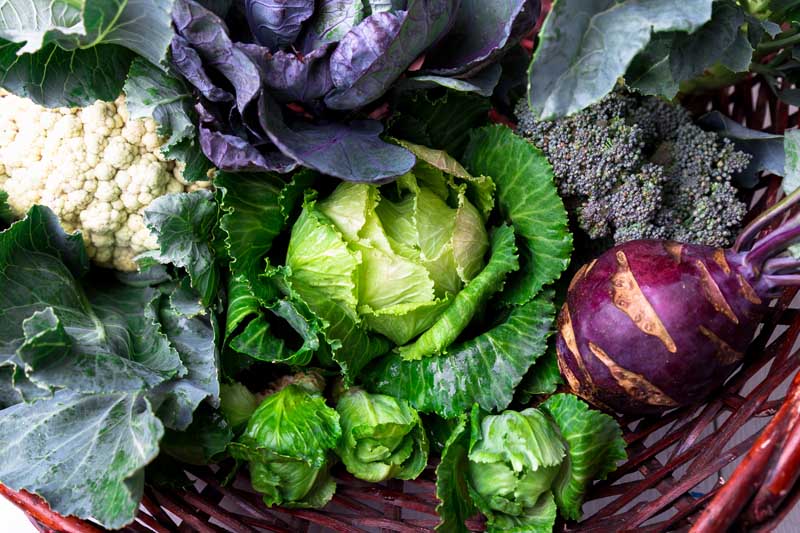
6. Pomegranates::

Pomegranate juice slows the growth of lung tumors. Pomegranates contain many antioxidants including ellagic acid, which is gaining strides in cancer research.
7. Turmeric::
This spice is related to ginger with many of the same benefits. It also contains curcumin, a compound that encourages the self-destruction of cancer cells. Curcumin helps to relieve inflammation and chest tightness that are associated with asthma.
8. Apples::
Flavonoids, vitamin E, and vitamin C all help the lungs function at their best. Apples are rich in all of these and those who eat several a week have healthier lungs. Apples are rich in antioxidants which can help keep your lungs healthy.



9. Grapefruit:
Naringin, a flavonoid in grapefruit, inhibits the activation of a cancer-causing enzyme. White grapefruit contains a high amount of this flavonoid, though pink grapefruit has some too along with the antioxidant lycopene. Grapefruit is especially good at cleansing the lungs after quitting smoking. The fruit is 92% water so it’s ideal for keeping you hydrated, supporting your overall health.
10. Beans, Seeds & Nuts::
These all contain a good amount of magnesium, a mineral that contributes to healthy lung function. They also provide essential fatty acids that are good for the cardiovascular system. Flax seeds are a great choice as they contain a healthy dose of vitamin E, boosting the immune system and supply of red blood cells.
Try adding a handful of walnuts to your diet. They are packed with omega-3 fatty acids and are thought to contain anti-inflammatory properties that can help combat asthma and other respiratory conditions. Nuts are also a fantastic snack when you’re on the go.
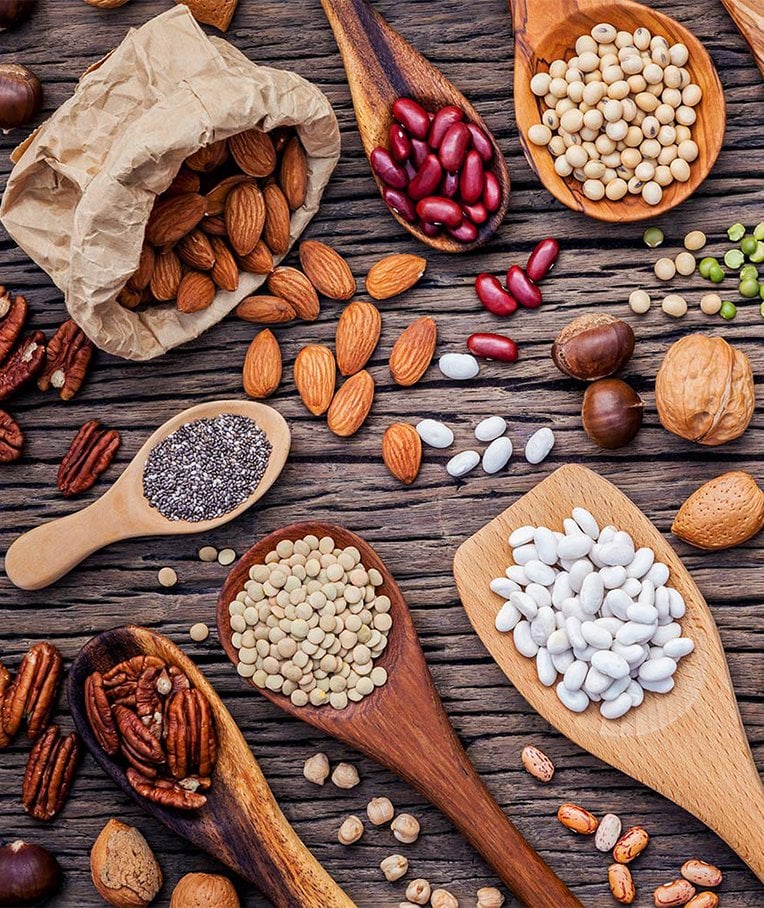
11. Carrots::
These roots are rich in vitamin A, vitamin C, and lycopene, all antioxidants that affect lung health and lower the chances of developing lung disease. Researchers found that drinking carrot juice may help to prevent a type of damage that leads to lung cancer in smokers. Carrots are a healthy and tasty snack to eat on the go.

12. Oranges::
Citrus is rich in vitamin C and vitamin B6. These help the lungs transfer oxygen. Oranges are full of lung-friendly antioxidants and packed with vitamin C which is known for fighting infection and inflammation.

A review of studies published in Allergy, Asthma & Clinical Immunology found that vitamin C may play an essential role in reducing exercise-induced asthma by 52%. Exercise-induced asthma refers to the narrowing of the airways in your lungs that’s brought on by strenuous exercise. Symptoms include wheezing and coughing.
13. Pumpkin::
Pumpkin is another food rich in beta carotene and vitamin C, like carrots. Pumpkin is full of antioxidants that may help to combat cancer, in particular, prostate and lung. It’s also a good source of fiber and potassium.
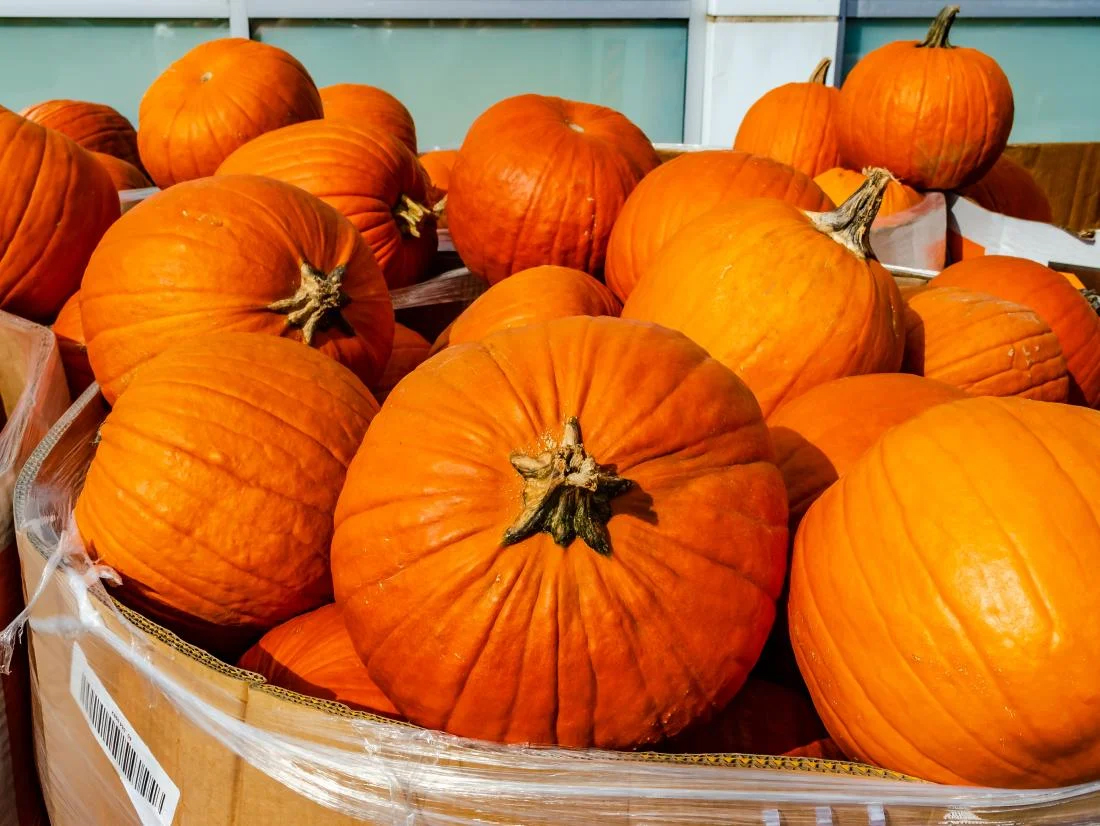
14. Red Bell Pepper and Cayenne Pepper::
These mild peppers are rich in vitamin C and the carotenoids lutein and zeaxanthin. Carotenoids have been shown to cut the risks of developing lung cancer.

Cayenne pepper is rich in capsaicin which helps to stimulate healthy secretions that protect the mucous membranes in the lungs. Try drinking cayenne pepper tea. It’s also a great source of beta-carotene which is thought to reduce several symptoms associated with asthma.
Respiratory Care Week promotes global unity, healthy habits, and diverse benefits of proper breathing, from sleep health to sports performance.
Disclaimer
The Content is not intended to be a substitute for professional medical advice, diagnosis, or treatment. Always seek the advice of your physician or other qualified health provider with any questions you may have regarding a medical condition.Original Article










